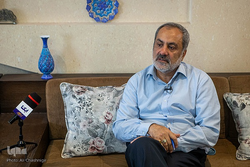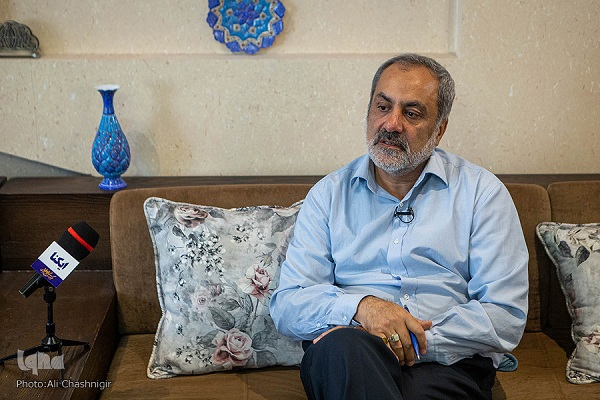Imam Ali’s Description of Righteous People


In a series of sessions recently held, sociologist and religious researcher Emad Afroogh, who passed away last month, tried to introduce the thoughts of Imam Ali (AS).
In the 29th session, he talked about Imam Ali’s (AS) views in Nahj al-Balagha on the characteristics of the righteous and pious people. Here is a summary of his remarks:
The Commander of the Faithful (AS) in Sermon 190 of Nahj al-Balagha describes the righteous and prious, saying, “They are safe from chastisement, away from punishment, and kept aloof from fire. Their abode will be peaceful and they will be pleased with their longing and their place of stay. These are the people whose acts in this world were chaste, their eyes were tearful, their nights in this world were like days because of fearing and seeking forgiveness, and their days were like nights because of feeling of loneliness and separation.”
I would also like to point to Sermon 193, which is known as Humam Sermon. Those who are familiar with this sermon feel their heartbeat when they read it again. This sermon is about the description of the God-fearing and pious.
Imam Ali (AS) says: “They are safe from chastisement, away from punishment, and kept aloof from fire. Their abode will be peaceful and they will be pleased with their longing and their place of stay. These are the people whose acts in this world were chaste, their eyes were tearful, their nights in this world were like days because of fearing and seeking forgiveness, and their days were like nights because of feeling of loneliness and separation.
Their hearts are grieved, others are protected from their evils, their bodies are thin, their needs are scanty, and their souls are chaste. They endured (hardship) for a short while, and in consequence they secured comfort for a long time. It is a beneficial transaction that Allah made easy for them. The world aimed at them, but they did not aim at it. It captured them, but they freed themselves from it by a ransom.
During a night they are upstanding on their feet reading portions of the Quran and reciting it in a well-measured way, creating through it grief for themselves and seeking by it the cure for their ailments. If they come across a verse creating eagerness (for Paradise) they pursue it avidly, and their spirits turn towards it eagerly, and they feel as if it is in front of them. And when they come across a verse which contains fear (of Hell) they bend the ears of their hearts towards it, and feel as though the sound of Hell and its cries are reaching their ears.
They bend themselves from their backs, prostrate themselves on their foreheads, their palms, their knees and their toes, and beseech Allah, the Sublime, for their deliverance. During the day they are enduring, learned, virtuous and God-fearing. Fear (of Allah) has made them thin like arrows. If any one looks at them he believes they are sick, although they are not sick, and he says that they have gone mad. In fact, great concern (i.e., fear) has made them mad.”
“If he is silent his silence does not grieve him, if he laughs he does not raise his voice, and if he is wronged he endures till Allah takes revenge on his behalf. His own self is in distress because of him, while the people are in ease from him. He puts himself in hardship for the sake of his next life, and makes people feel safe from himself. His keeping away from those who distance themselves from him is by way of asceticism and purification, and his nearness to those who draw near to him is by way of leniency and mercifulness. His keeping away is not by way of vanity or feeling of greatness, nor his nearness by way of deceit and cheating.”


